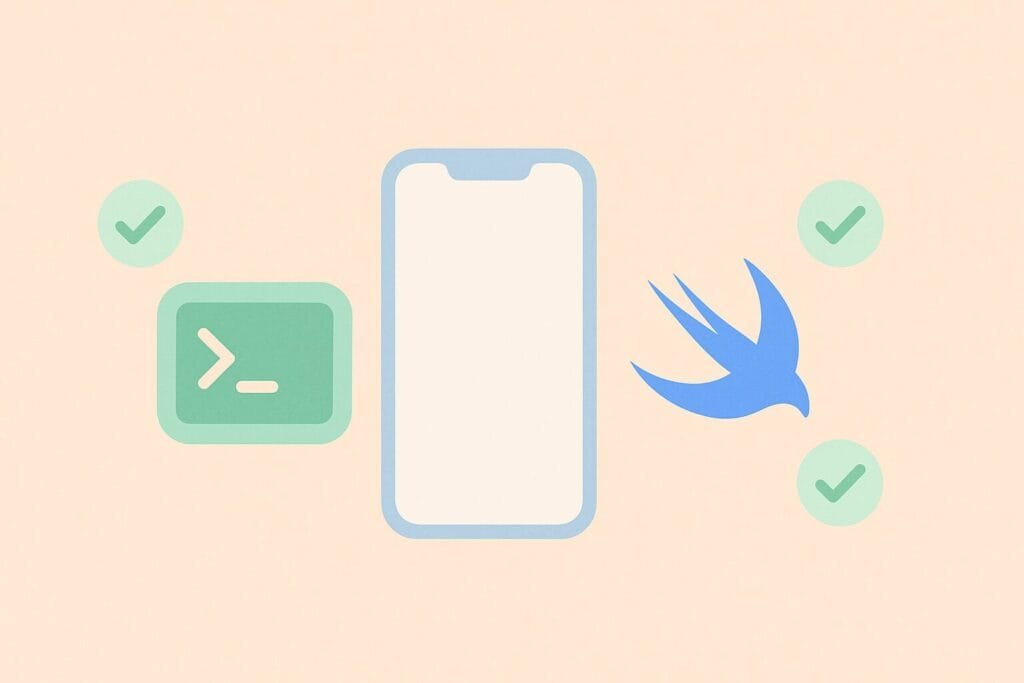Snapshot testing is a powerful technique to validate your iOS app’s UI with precision. Unlike traditional unit tests that check logic or behavior, snapshot tests capture and compare UI components as images—pixel by pixel. In this guide, you’ll learn how to implement snapshot testing in Swift using iOSSnapshotTestCase, helping ensure your app’s design remains visually consistent during development.

What is Snapshot Testing?
Snapshot testing involves rendering a UI view or screen, capturing its visual output, and comparing it against a previously saved “snapshot” image. If the UI changes unintentionally, the test will fail—alerting developers to visual regressions early in the development process.
This method is especially useful for large iOS projects where design consistency is critical. For example, if a label font or button layout changes unexpectedly, snapshot tests can immediately detect those changes.
Why Use Snapshot Testing?
- Visual Regression Detection: Prevents unintentional UI changes.
- Faster Feedback Loop: Catch issues during development, not after deployment.
- Improves Collaboration: Helps designers and developers stay in sync.
How to Set Up Snapshot Testing in Swift
You can implement snapshot testing in iOS apps using the iOSSnapshotTestCase framework (formerly known as FBSnapshotTestCase). Follow these steps using Android Studio with Swift plugin or Xcode fallback for UI rendering:
Step 1: Install iOSSnapshotTestCase
Using Swift Package Manager, add the following to your dependencies:
.package(url: "https://github.com/uber/ios-snapshot-test-case.git", from: "8.0.0")
Step 2: Create a Snapshot Test Case
import XCTest
import iOSSnapshotTestCase
class LoginViewSnapshotTests: FBSnapshotTestCase {
override func setUp() {
super.setUp()
self.recordMode = false // Set true to record new snapshots
}
func testLoginViewUI() {
let view = LoginViewController().view!
view.frame = UIScreen.main.bounds
FBSnapshotVerifyView(view)
}
}
Step 3: Run and Validate
Run your test suite. If changes are detected in the view compared to the saved image, the test will fail—requiring you to approve or update the snapshot manually.
Tip: Store snapshot files in a separate
__Snapshots__directory for clarity and version control.
External Tool Support
You can enhance snapshot testing workflows using tools like fastlane or Danger to automatically generate snapshot reports during CI/CD.
Conclusion
Snapshot testing in Swift offers a simple yet effective solution to ensure UI consistency in iOS apps. By integrating tools like iOSSnapshotTestCase, you can safeguard your app’s visual integrity and improve team collaboration. Use it alongside regular unit tests for comprehensive coverage.

